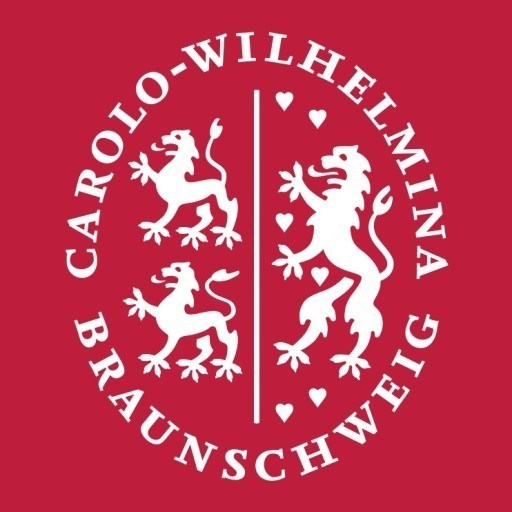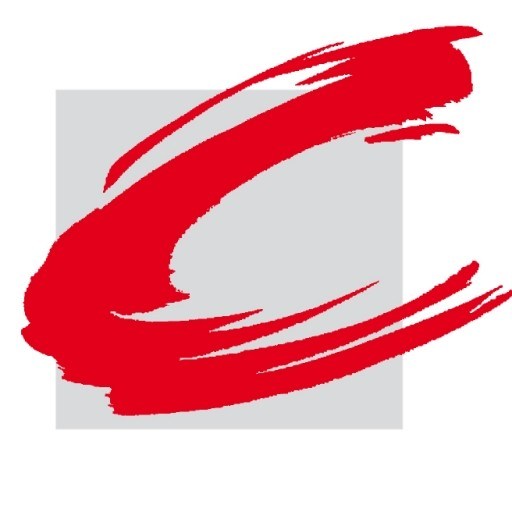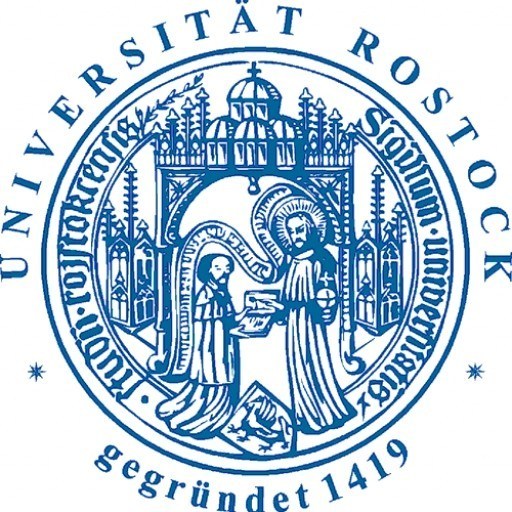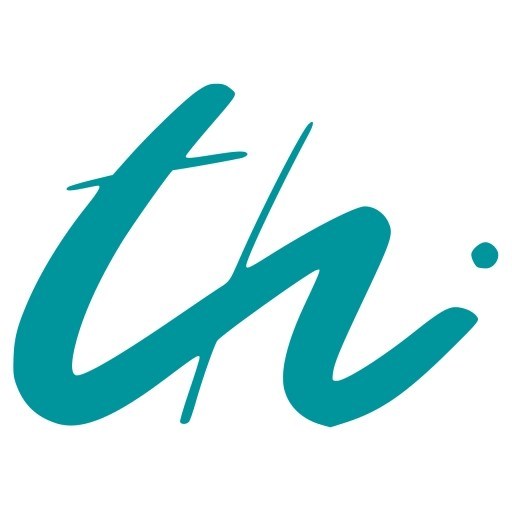Photos of university / #tu.braunschweig
The interdisciplinary, research oriented, comprehensive degree programme CSE encompasses engineering sciences, mathematics, and computer sciences. Students learn to solve subject-specific problems and will gain knowledge within their specialisations. They will be able to perform and evaluate complex numerical analyses of engineering problems.
The breathtaking progress in computing has dramatically changed the way engineers, mathematicians, and computer scientists work. In many areas, computer simulations have complemented or even replaced experiments, which has led to a previously unknown quality of scientific and practical work. The technological improvement of hard- and software and the development of computer-based methods have opened up new possibilities for the natural sciences and engineering.
People with networking skills who are able to connect knowledge of engineering, applied mathematics, and computer sciences are in demand.
Possible fields of study include the following:
The breathtaking progress in computing has dramatically changed the way engineers, mathematicians, and computer scientists work. In many areas, computer simulations have complemented or even replaced experiments, which has led to a previously unknown quality of scientific and practical work. The technological improvement of hard- and software and the development of computer-based methods have opened up new possibilities for the natural sciences and engineering.
People with networking skills who are able to connect knowledge of engineering, applied mathematics, and computer sciences are in demand.
Possible fields of study include the following:
- Civil Engineering
- Mechanical Engineering
- Electrical Engineering
- Mathematics and Computer Science
Educational organisation
The CSE course of studies is divided into four levels, consisting of blocks of modules:"Basic Core Courses" (BCC), split up into
- "Foundations of Natural and Engineering Sciences" (BCC-ENG) and
- "Foundations of Mathematics and Computer Science" (BCC-MCS)
"Elective Core Courses" (ECC), split up into
- "Computational Methods in Engineering Sciences" (ECC-ENG) and
- "Applied Mathematics and Computer Science" (ECC-MCS)
"In-depth Courses" (IDC), split up into the
- "Specialisation Courses" (IDC-LEC) and the
- "Specialisation Project" (IDC-PRO)
- "Master's Thesis" (MTH)
Each area has a total of 30 credits; the programme is completed with 120 credits.
Internships
Internships are not part of the programme, but are highly recommended.Forms of assessment
Lectures are concluded by written or oral examinations. Students also write a scientific paper (IDC-PRO) in their field of study. The study programme concludes with a six-month Master's thesis (MTH).Course objectives
The interdisciplinary, research-oriented, and comprehensive degree programme Computational Sciences in Engineering (CSE) encompasses engineering sciences, mathematics, and computer sciences. It takes place in an interdisciplinary and bilingual environment.Students who have completed the CSE Master's programme are able to solve subject-specific problems and have gained knowledge in engineering within their specialisation. They can carry out and evaluate complex numerical analyses of engineering problems.
Furthermore, graduates of the CSE programme develop intercultural competences and language skills because of the international set-up of the programme, which opens up the global job market to them. Due to the research-oriented profile of the programme, graduates are also well qualified for a scientific career.
Language requirements
Proof of English language proficiency:- TOEFL (min. 79 iBT)
- IELTS (min. 6.5)
- Language of instruction (marked on transcript or stated by university)
Proof of German language proficiency:
- DSH-1 (at least an A1-level certificate must be submitted upon enrolment)
- TestDaF 3
- Language of instruction (marked on transcript or stated by university)
Required DSH / TestDaF
YesAcademic requirements
For admission to the CSE Master's programme, the following academic qualification is required:Bachelor's degree (or equivalent) in engineering or natural sciences
Each candidate must prove profound knowledge in the fields of engineering, mathematics, and computer sciences.
Enrolment fees
Approx. 330 EUR per semesterThe enrolment fee supports the student services and includes a semester ticket, which entitles students to use all public transport and regional trains in Braunschweig and the federal state of Lower Saxony.
Costs of living
Students should allow for a minimum of 794 EUR per month for accommodation, food, health insurance, telephone, Internet, books, leisure, and other expenses (as recommended by the DAAD).For international students who require a blocked account for their visa: proof of funds of 12 times this amount must be submitted in order to obtain a visa.
Job opportunities
Many CSE students work as research or teaching assistants at the university.Funding opportunities within the university
The TU Braunschweig offers several scholarship programmes, such as the "Deutschlandstipendium". For more details, please check the website.http://www.tu-braunschweig.de/stipendien
Arrival support
The CSE staff is always available to help students with any problems or concerns. During the induction period, we support students with their city registration or residence permit, health insurance, enrolment, etc. A peer programme and a mentor programme also play an integral role in helping new students to get settled.The CSE office organises study trips to companies within a 50 km radius around Braunschweig as well as socials such as a Welcome Party or get-togethers in cafés.
Services and support for international students
The CSE programme offers a peer programme. Senior students help new students to get settled, by offering support to find supermarkets, the library, etc. They may also offer insight to what it means to study CSE and help familiarise the new students with the programme.The CSE mentor programme is another important component for ensuring that students successfully complete their Master's programme. Each student must have a mentor who helps him/her plan their studies and discusses any other difficulties that might arise in relation to his/her studies. Mentor and mentee meet at least once per semester.
International students will take German classes at the language centre at no cost until they have successfully completed their DSH-1 exam.
The International Office provides advice and information on issues such as admission.They also evaluate applicants' degrees. This is mandatory for all non-German degrees (50 EUR for non-EU degrees, 25 EUR for EU degrees).
Throughout the semester, the International Student Network and the International Gauss-Freunde organise a semester programme with a wide variety of social events and excursions for international students.
For more information, see:
http://www.isn-braunschweig.de
http://www.gauss-freunde.de
Accommodation
TU Braunschweig has several halls of residence, most of them situated in the direct vicinity of the three university campuses. Rents range from 300-500 EUR per month. Applications can be submitted to the "Studentenwerk": http://www.sw-bs.de/braunschweig/wohnen.Private accommodation ranges from 300-400 EUR/month for a room in a shared apartment. A small apartment runs at about 350-500 EUR/month + utilities.
Some search engines include the following:
http://www.stw-on.de/services/biete-und-suche
http://www.wg-gesucht.de
http://www.wohngemeinschaft.de
http://www.studenten-wg.de










